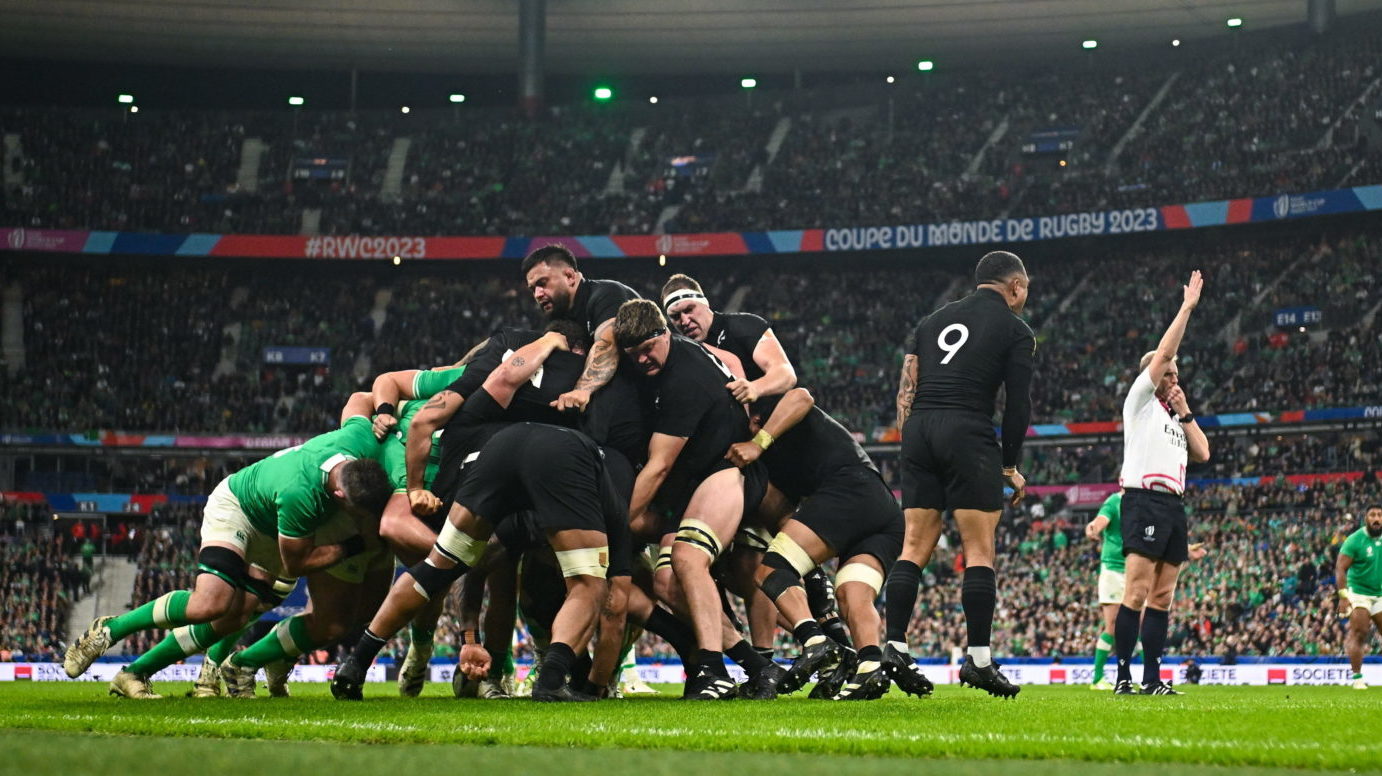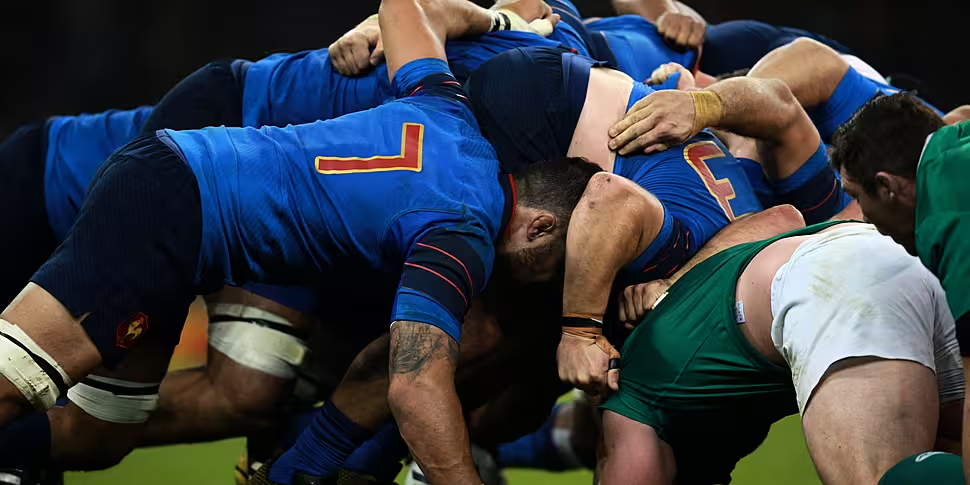Concussions are causing “significant mental health problems” among ex-rugby stars, a leading sports journalist has claimed.
The BBC One documentary 'Rugby on Trial', which aired last night, examined whether enough has been done to protect former players and whether the game now better safeguards young children.
A common injury from rugby, many ex-players have taken legal challenges against governing authorities over brain injuries they are alleged to have sustained while playing the game.
On Lunchtime Live today, Concussed Media founder Sam Peters said there are many ways in which concussion can impact the brain.
“You've got guys like Neil Spence, ex-players who, having played their entire careers as professionals, are now suffering significant mental health problems which have been directly linked to the repeated concussions that they suffered,” he said.
“It's things like depression, suicidal tendencies, mood swings, and anxiety but also problems with day-to-day function.”
Concussion mistakes
After rugby became a professional sport in the UK in the 1990s, Mr Peters said many mistakes were made around player safety.
“Essentially, referees stopped refereeing high tackles for a period of time because they became so normalised," he said.
“Doctors stopped taking players off when they had clear signs of concussion, knocked out completely in some cases, and allowed them to play on when in a boxing match, the fight would have been stopped.
“But with rugby, it became completely normal for players with clear signs of brain damage to carry on playing.”
 14 October 2023; Referee Wayne Barnes awards a scrum penalty to New Zealand during the 2023 Rugby World Cup quarter-final match between Ireland and New Zealand at the Stade de France in Paris, France. Photo by Ramsey Cardy/Sportsfile
14 October 2023; Referee Wayne Barnes awards a scrum penalty to New Zealand during the 2023 Rugby World Cup quarter-final match between Ireland and New Zealand at the Stade de France in Paris, France. Photo by Ramsey Cardy/SportsfileFormer Welsh international Alix Popham, who was diagnosed with early-onset dementia aged 40, said rugby players “weren’t educated” around the risks of concussion in his playing days.
“The only thing we were asked after a traumatic brain injury was, ‘Do you feel sick?’ And if you didn't feel sick, you were given a splash of water in the face and smelling salts and told to get back out there - that was in training and in games,” he said.
“They are now adding more games to the schedule, players are getting bigger, stronger, faster, so this is only going in one direction.
“When there is a traumatic brain injury, we need to not rush the player back in seven days, give them 28 days to rest and manage mandatory amounts of contact in training, or else this will continue into the future.”
Former and current Irish rugby players such as Johnny Sexton, Caelin Doris and James Ryan have all previously suffered from high-profile concussions.
You can listen back here:
Main image: French and Irish players engage in a scrum at the 2015 world cup in Cardiff. Image: PA Images / Alamy Stock Photo









